Passion de Jeanne D’Arc, Le/Passion of Joan of Arc, The (1928)
“Listen, Joan — we know that your visions come not from God but from Satan!”
|
Synopsis: |
|
Genres, Themes, Actors, and Directors:
Response to Peary’s Review: I agree with the essence of Peary’s review: there’s no denying the audacious visual power of Dreyer’s work, which stands apart from its same-era peers as a daringly minimalist cinematic presentation of this much-studied historical event. And Falconetti’s performance — shown almost entirely in extreme close-ups — is indeed marvelous; the fact that she was an unknown actress merely adds to the veracity of the tale. Yet I disagree with Peary’s claim that this is “one of the greatest, most intense films ever made”, simply given its narrative limitations. As a silent film, it remains a masterful tone poem — a gorgeously evoked elegy to a tragic young martyr, allowing one to palpably feel the “feverishness and horror” of this infamous trial and its gruesome outcome. But given that it covers such a limited portion of Jeanne D’Arc’s storied existence, it ultimately lacks narrative depth, and begins to feel repetitive. The first few times Dreyer’s camera masterfully pans across the leering faces of Jeanne’s inquisitors, one shivers at how perfectly Dreyer has captured the essence of their menace; the fourth time, one begins to question exactly where else the material can go. With that caveat stated, I’ll reiterate that Le Passion de Jeanne D’Arc nonetheless remain essential viewing for all film fanatics, at least once — and it’s thankfully now available in a gorgeously restored version, with a lovely soundtrack by composer Richard Einhorn (sung by the Anonymous Four). Redeeming Qualities and Moments: Must See? Categories
(Listed in 1001 Movies You Must See Before You Die) Links: |
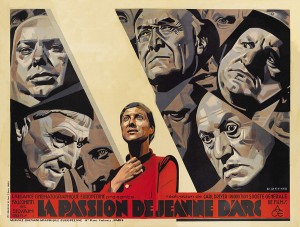
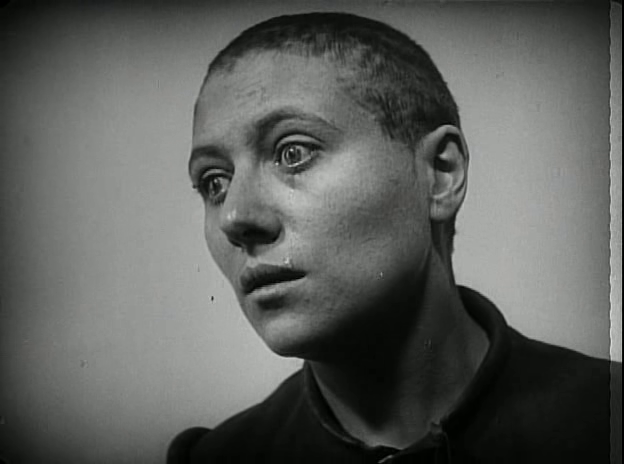
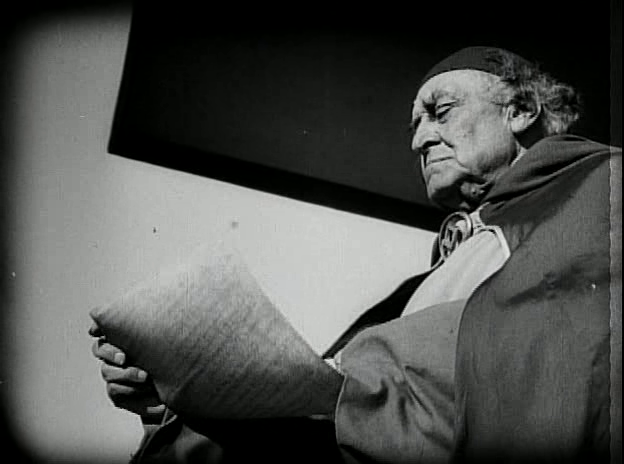
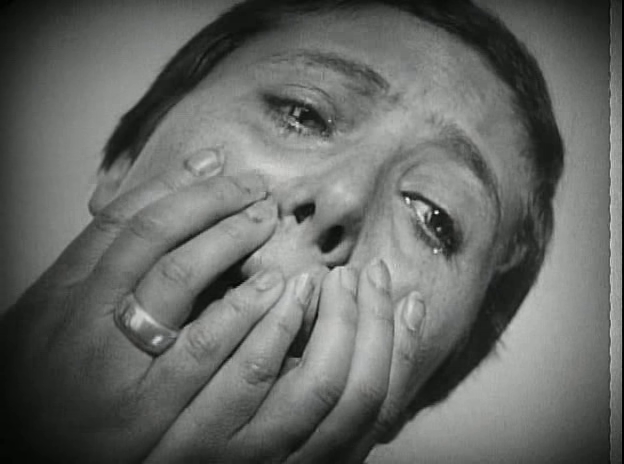
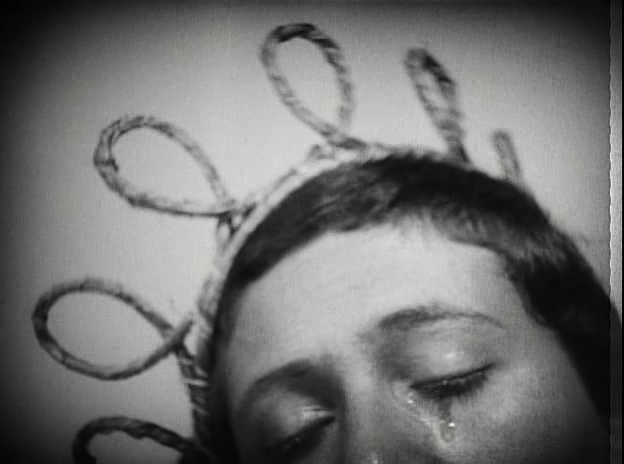


2 thoughts on “Passion de Jeanne D’Arc, Le/Passion of Joan of Arc, The (1928)”
A once-must, for its firm place in cinema history.
I saw this years ago – and just discovered that (apparently) all prints of the film shown prior to 1981 were defective in one way or another. In 1981, a good (possibly near-perfect) print, which had been discovered in a Norwegian mental institution (!), was used for restoration. (The history of this nearly lost film is given at the beginning of the restored print.)
I also do not think this is one of ‘the greatest films of all time’ – although it is definitely, as Peary says, intense – and I agree that it is ‘a masterful tone poem’. I don’t, however, find anything particularly repetitive about the film. It’s a short work (82 min.) and it seems to me that the time is used economically and well. It’s so to-the-point in presentation that we almost feel as if we’re watching a live news broadcast of a trial and its aftermath.
The basic historical facts of Joan’s life are probably fairly well-known to those who decide to watch the film – but what we are afforded is the insanity of the treatment towards her; treatment from supposed men of God. (It’s interesting, for example, when Joan is admonished for wearing men’s clothing – “abominable to God”; ~and they knew this how? – God had somehow informed them of his distaste for women dressed in such a way?)
The look of the film is often appropriately erratic – as is the general acting style of the impressive cast (again, it all seems fitting). The film’s brevity is invaluable for its sense of urgency; things move rather quickly while we know all along the fate that awaits Joan. What we ultimately witness is quite effectively shot and edited.
A film I find much easier to admire than like and not a film that I’m rushing to see again (I will re-watch it somewhen but more out of a sense of duty than anything else).
I find Dreyer’s fetishising of martyrdom (especially female martyrdom) unpleasant and deeply dodgy. That’s why he doesn’t show the rest of Joan’s life – he’s only interested in the suffering. His bullying of the inexperienced Falconetti is of course well-chronicled. Dreyer welcomed the Nazi occupation of Denmark as the suffering would, he thought, bring about a new spiritual purity. Hmmm. The theme of female martyrdom also occurs in ‘Day of Wrath’ and ‘Gertrud’ of course.
To borrow a line from ‘Stardust Memories’, I prefer his “early, funny films”. Seriously! Some of his early silents are really quite relaxed and charming.
There was a second Joan of Arc film made in 1928, ‘La Marveilleuse Vie de Jeanne d’Arc’. It’s a much more conventional epic – and I’d much rather watch it again than Dreyer’s suffocating work.